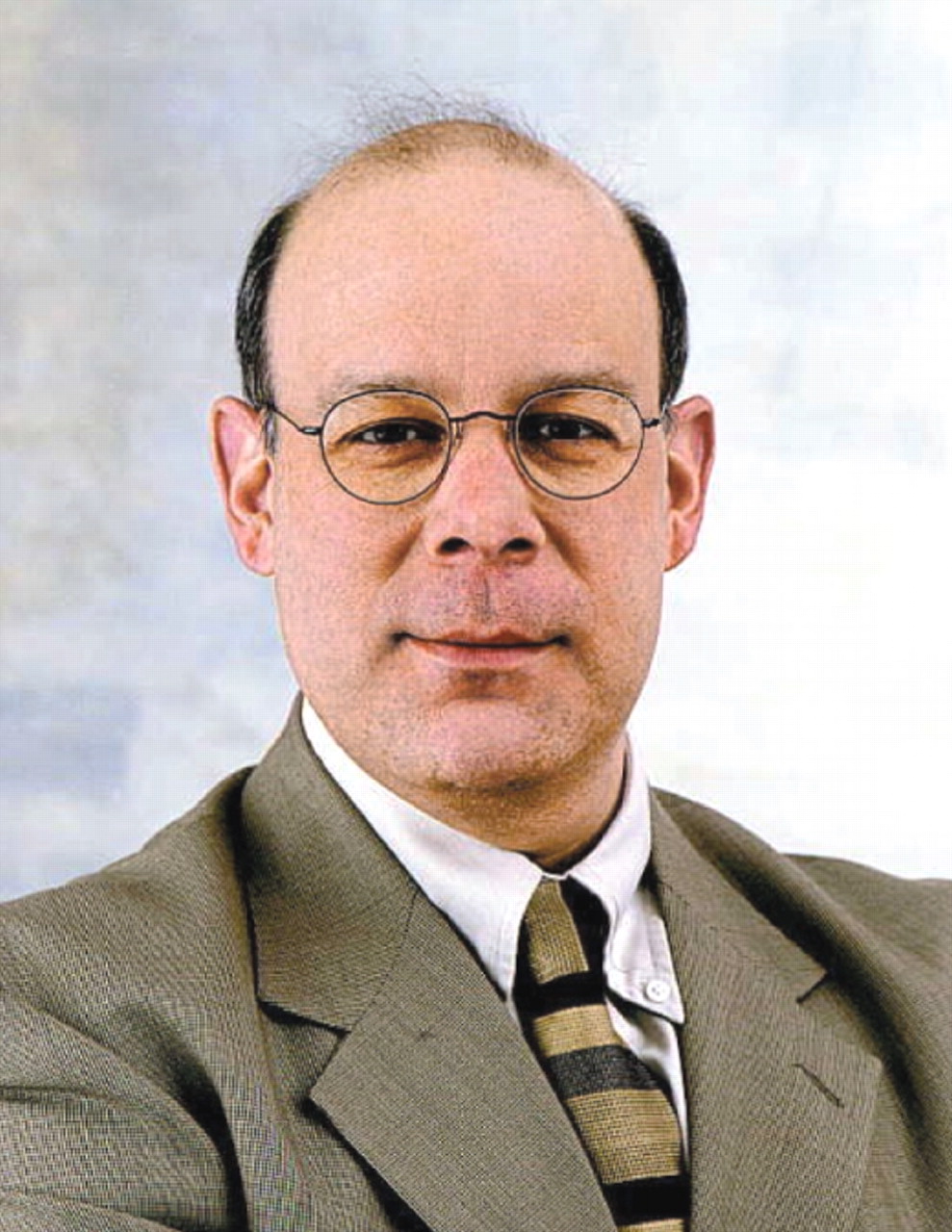Organization Helps Psychiatrists Fine-Tune Management Skills
The American Association of Psychiatric Administrators (AAPA) may be looking for you.
The AAPA is reaching out to psychiatrists who are administrators or who would like to sharpen their skills in this area and inviting them to join. In turn, the association hopes to benefit from the expertise that these individuals will bring to the association.
In particular, there are two groups of psychiatrists who might be interested in participating in the AAPA. The first includes psychiatrists who are involved in the administration and management of health delivery systems; hospital psychiatric departments; medical schools; community mental health centers; research institutes; local, state, and federal public health departments; and insurance or pharmaceutical companies, among others.
The second group consists of front-line psychiatrists who are immersed in clinical care in solo or small group practices, where administrative challenges also exist. The business side of small practices has become more complex in light of the increasing application of new health information technology to help users better manage patient care and treatment, as well as third-party billing and reimbursement.
“If someone's identity as a psychiatrist includes being a leader, administrator, or manager, he or she should consider [joining] the AAPA as a source of knowledge and an exchange of perspectives and support,” Steven Sharfstein, M.D., M.P.A., told Psychiatric News.
Sharfstein, a longtime member of the AAPA, is a former APA president and president and CEO of Maryland's Sheppard Pratt Health System.
“Even if you are working alone,” he continued, “it's good to know people who are practicing at a similar administrative level albeit in different institutions, systems, and geographical settings.”

Arthur Lazarus, M.D., M.B.A., is president of the American Association of Psychiatric Administrators.
The AAPA serves as a think tank on administrative and management matters impacting the practice of psychiatry, said AAPA President Arthur Lazarus, M.D., M.B.A., senior director of global clinical development in neuroscience for Astra-Zeneca. Its work is carried out by topic-specific committees ranging from health care finance and forensics to public health and ethical issues. The same subjects are addressed in the AAPA's journal, Psychiatrist Administrator.
The AAPA, which is headquartered in Dallas, was founded 48 years ago and now has about 200 members. Annual dues are $75. Its executive director is Frances Roton Bell.
AAPA is separate from but works collaboratively with APA's Committee on Psychiatric Administration and Management, L. Mark Russakoff, M.D., told Psychiatric News. Russakoff, who is chair of the committee and a past president of the AAPA, is director of the Department of Psychiatry at Phelps Memorial Hospital Center in Sleepy Hollow, N.Y.
The AAPA “does a lot to promote education in psychiatric administration to the broader APA membership,” he said.
For example, APA's Committee on Psychiatric Administration and Management selects the winner of the committee's annual Administrative Psychiatry Award. It is given to a “clinician executive” who's widely accomplished and nationally recognized. AAPA supports the award with a financial gift.
AAPA's most visible activity is in the area of education. Some of its members designed APA's course in psychiatric administration and management.
“It's called the 'Basic Concepts in Administrative Psychiatry, Part 1 and 2,'” said Lazarus. “It's given over the course of two days at APA's annual meeting. AAPA members developed the course and are its instructors. Turnout is very good. About 50 APA members each day take the course.”
The course, he said, can be helpful to psychiatrists pursuing APA's certification in psychiatric administration and management, though it's not designed for that purpose.
It is APA's Committee on Psychiatric Administration and Management that is charged with establishing the qualifications for certification, conducting the certification test, and maintaining an up-to-date roster of those certified. More than 1,000 psychiatrists are now certified.
“Certification,” noted Lazarus, “symbolizes achievement and recognition in the field, as well as the understanding of the principles of psychiatric administration and management.”
The AAPA's Web site can be accessed at<www.psychiatricadministrators.org>. More information on APA's Certification in Psychiatric Administration and Management is available from Crystal Garner at [email protected] or (703) 907-8665. ▪



